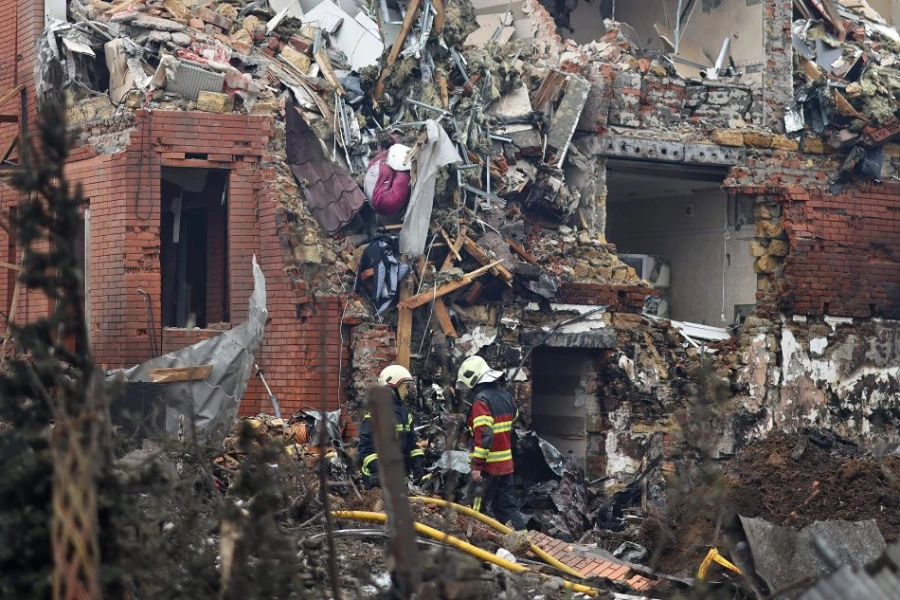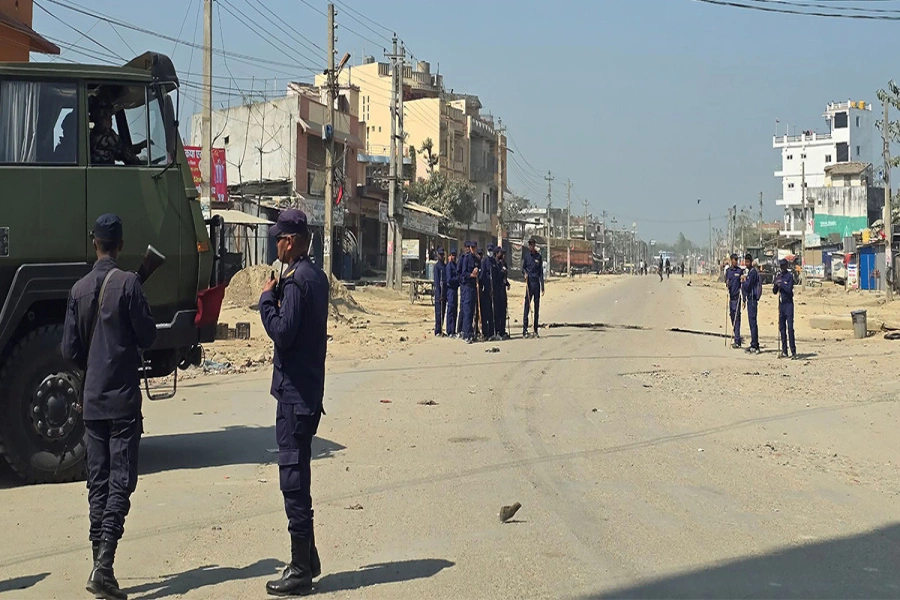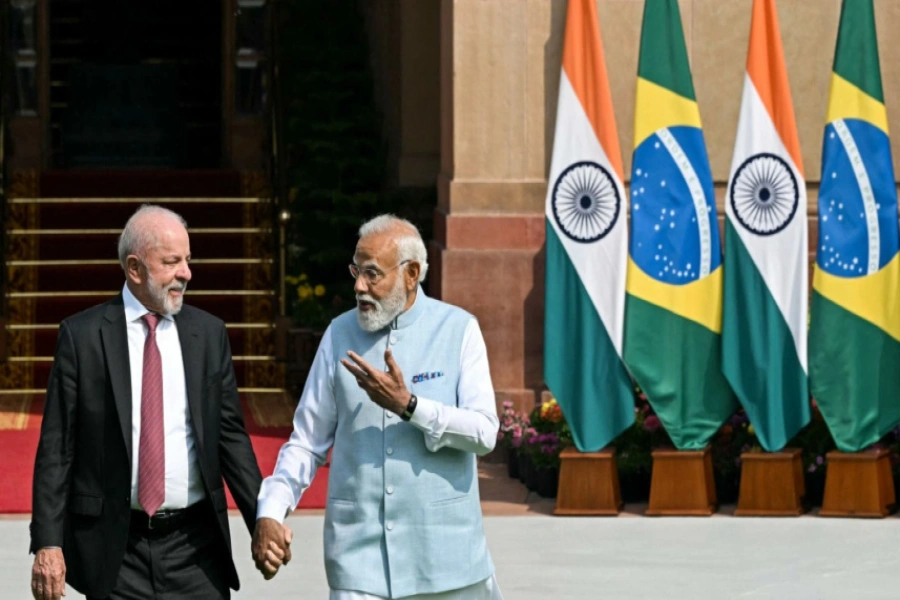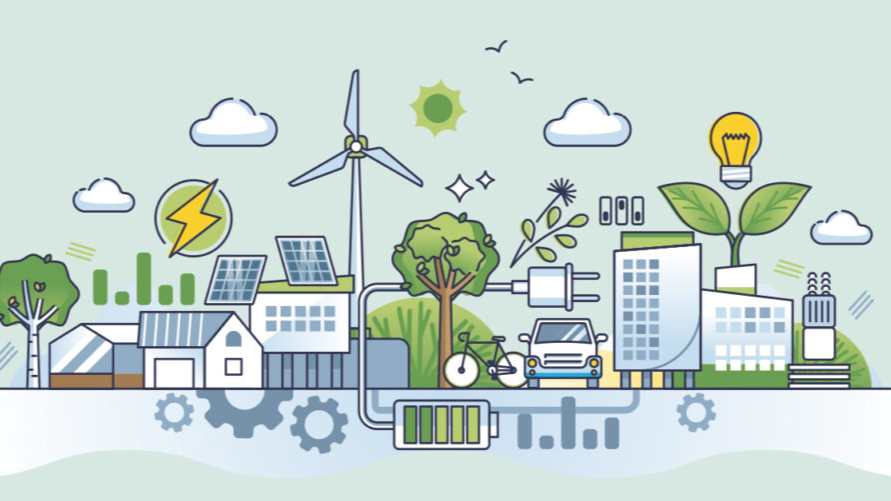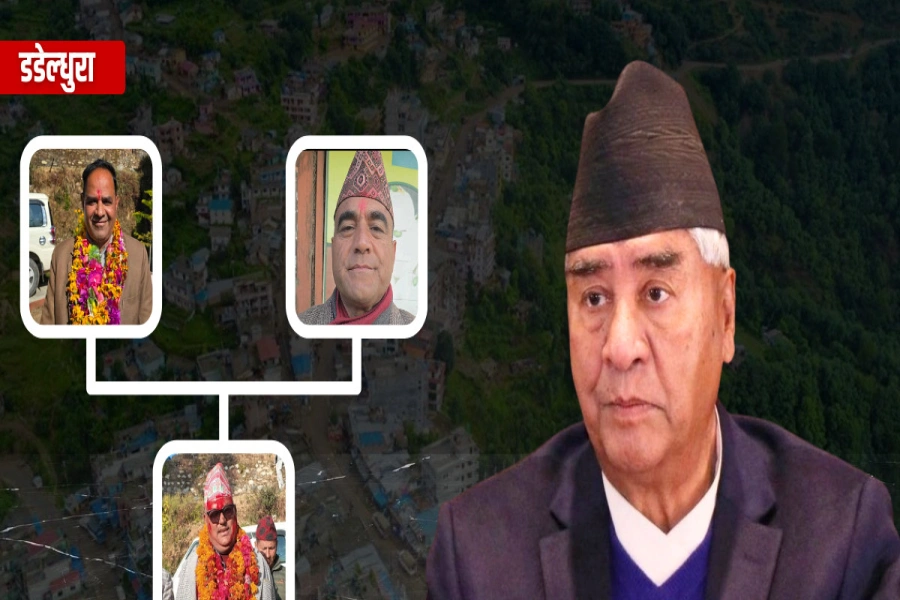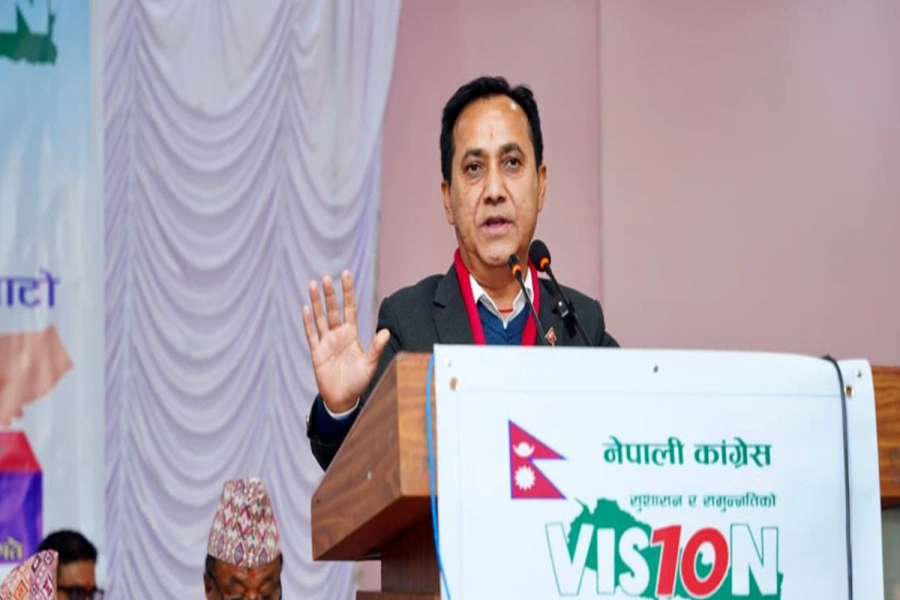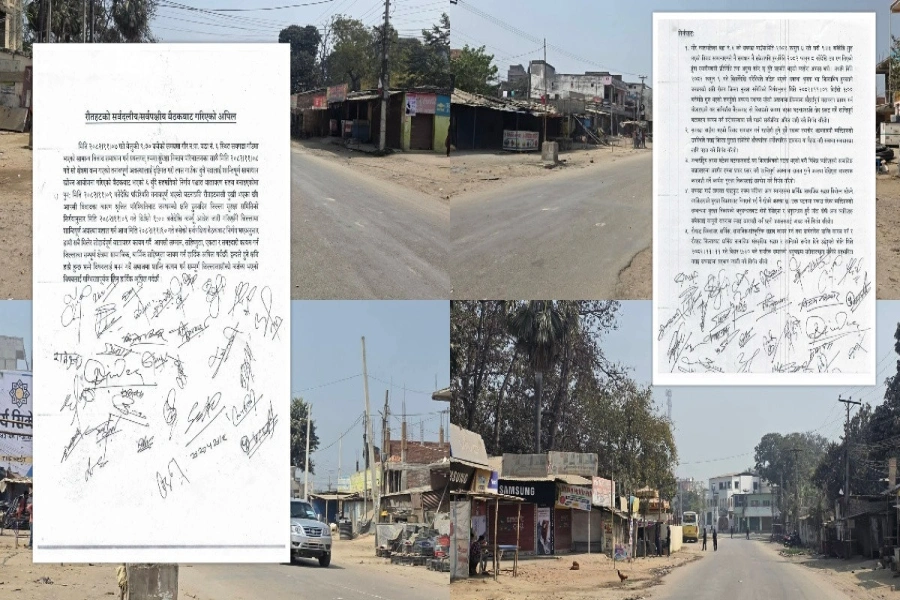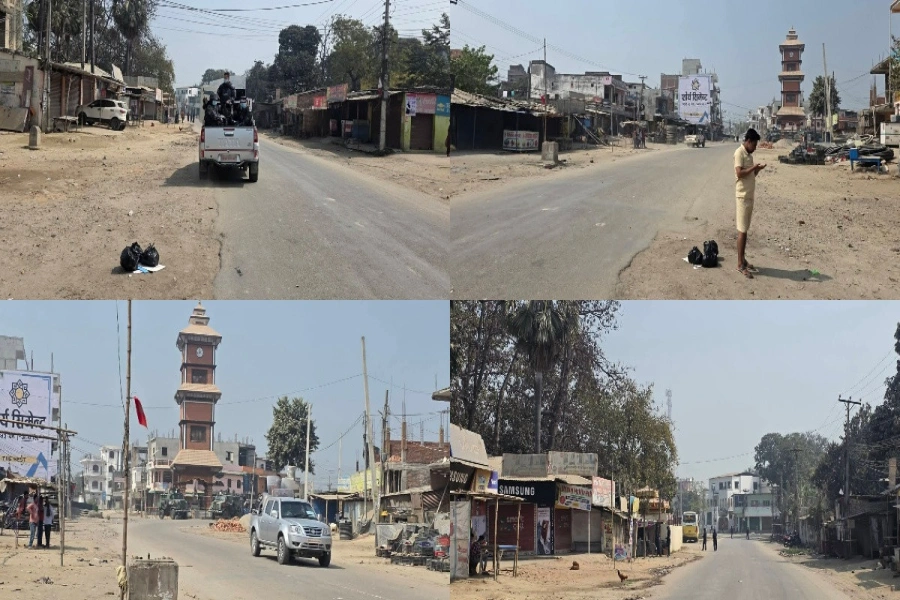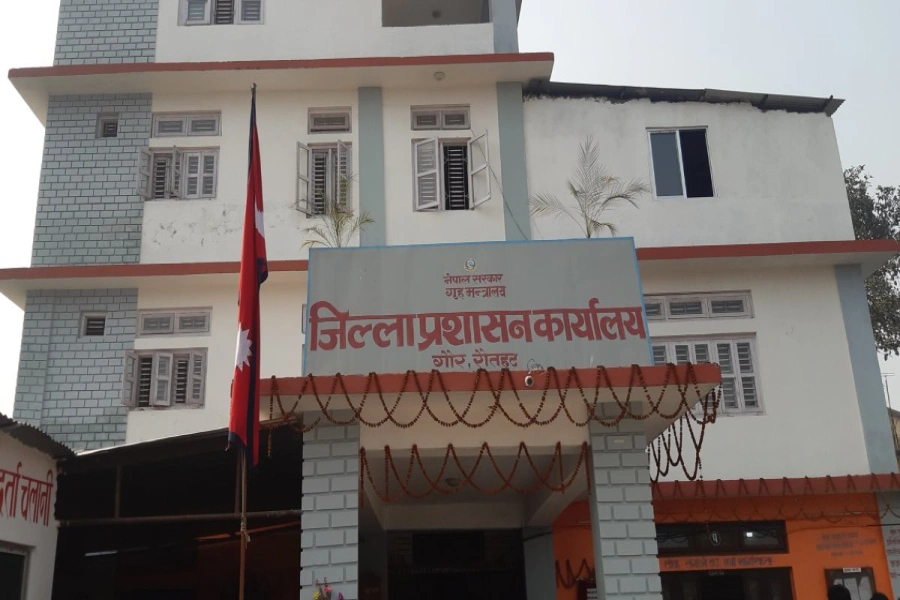KATHMANDU, August 12: Experts have said that when Nepal produces energy, it should pay attention to the aspect of different energy sources (energy mix).
They argue that when clean energy is discussed, hydropower is given more priority and less importance is given to sources like wind, solar and biogas. Nepal aims to produce 15,000 megawatts of electricity by 2030 and meet 15 percent of the total energy demand with renewable energy.
Power Corridor: A New Dimension of India-Bangladesh Relations

Baburaj Adhikari, senior divisional engineer at the Ministry of Energy, Water Resources and Irrigation believes that Nepal should make a clear blueprint on how to move forward in the field of energy mix. According to the White Paper on energy issued by the ministry in 2018 and the Nationally Determined Contributions (NDCs) target submitted by Nepal to the United Nations under the Paris Agreement, Nepal will produce 5,000 megawatts of hydropower by 2030.
Senior Divisional Engineer Adhikari said that Nepal should pay attention to the expansion of the transmission lines for domestically produced electricity. Adhikari argued that the transmission lines are necessary for both domestic consumption and export as more electricity will be produced exceeding the demand even during winter within the next two years.
Speaking at the energy policy debate program organized by WWF and Prakriti Resources Center, another speaker, Mohan Das Manandhar of Niti Foundation, said that although 33 percent of the current fiscal year's budget has been allocated to address climate change, there is a lack of specific programs.
He said that climate change has been linked to previous programs, the province has allocated some budget under the title of climate change, but there has been no budget allocation at the local level. He said, although the Asian Development Bank and the World Bank have increased investment in addressing climate change, the institutional structure to utilize such investment has not been formed.



